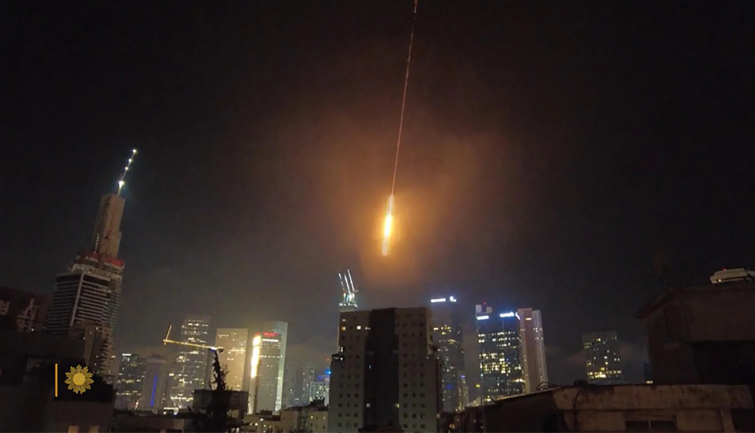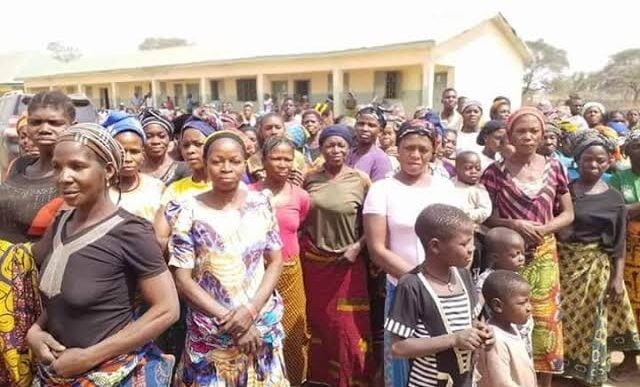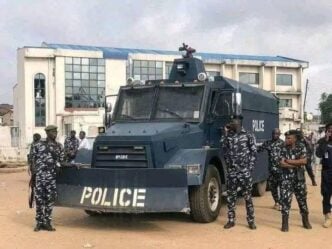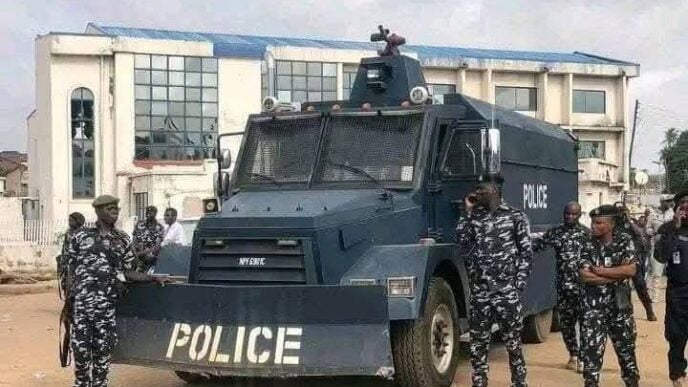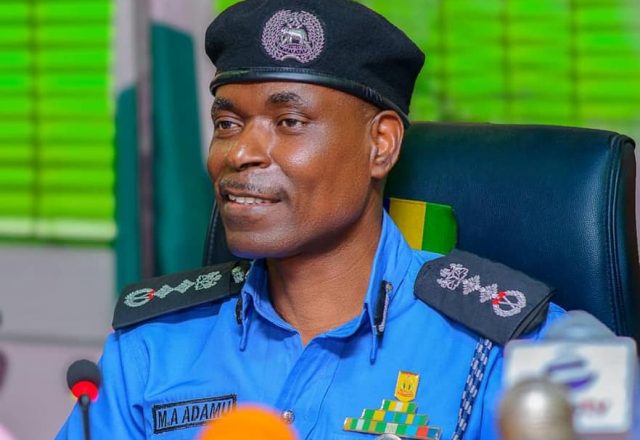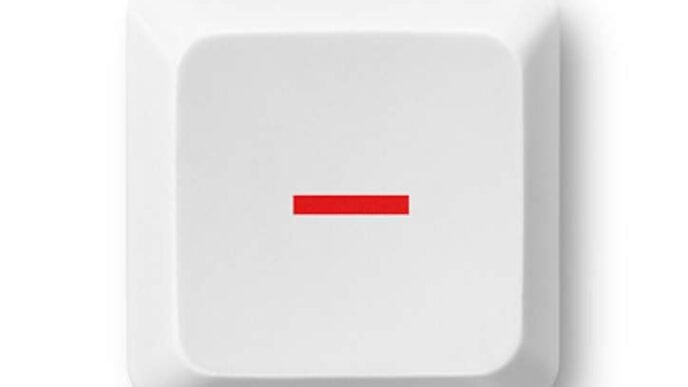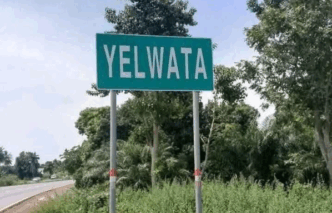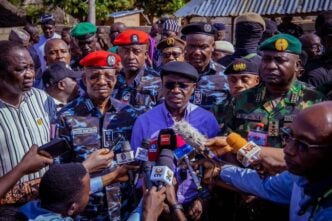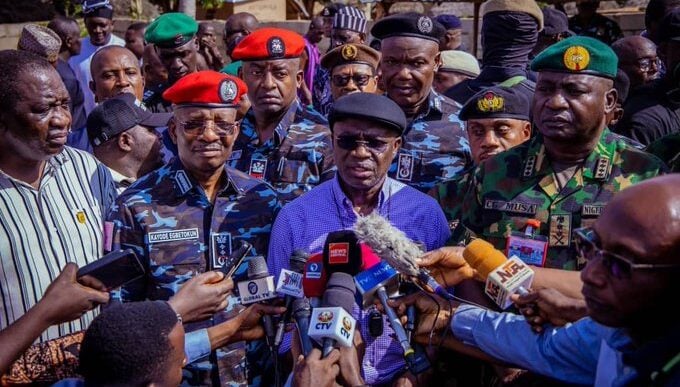BY OYINDAMOLA SAMUEL BOLADELE
The recent escalation between Israel and Iran marks a turning point in Middle Eastern geopolitics with far-reaching implications beyond the immediate region. On June 13–14, 2025, Israel launched a sweeping aerial assault dubbed Operation Rising Lion, targeting more than 100 sites across Iran. These included nuclear enrichment facilities particularly at Natanz missile infrastructures, air defense systems, and high-ranking members of the Iranian Revolutionary Guard Corps (IRGC). Among the casualties were senior military figures, including Generals Salami and Bagheri. The strike represented a direct and unambiguous attack on Iran’s sovereign military and nuclear apparatus, pushing both countries to the brink of open war.
Iran’s response was swift and calculated. Dozens of ballistic missiles and over 100 drones were launched into Israeli territory, some reaching densely populated areas in Tel Aviv and Jerusalem, causing casualties and heightened anxiety. While Israel’s Iron Dome and advanced defense systems successfully intercepted most incoming threats, the psychological and strategic implications of the attack reverberated deeply.
The strategic goals of both sides are relatively clear. For Israel, the objective was to degrade Iran’s nuclear capabilities and demonstrate unequivocally that any threat to its existence will be met with overwhelming force. For Iran, retaliation served not only as a defense of national pride but also a signal to regional allies and adversaries alike that it remains capable of responding to aggression. Nevertheless, Israel’s actions, while tactically effective in damaging surface-level infrastructure, could not fully neutralize Iran’s fortified underground nuclear sites such as Fordow, which remain largely intact.
Advertisement
This confrontation is not just a bilateral conflict—it is laden with broader geopolitical consequences. The risk of regional escalation remains high, particularly with Iran’s extensive network of allied non-state actors such as Hezbollah and the Houthis. While these proxies have, for now, maintained a low profile, their potential entry into the conflict could open multiple fronts across the Middle East.
More alarming, however, is the latent involvement of global powers primarily the United States and Russia. The United States, while not overtly participating in the conflict, has provided advanced intelligence and missile defense support to Israel. Such indirect involvement blurs the line between alliance and entanglement. If Iranian aggression were to target U.S. bases or assets in the region, it could draw Washington into a direct military confrontation. On the other hand, Russia historically aligned with Iran has remained diplomatically supportive but militarily cautious, possibly wary of overextension following its commitments in Ukraine and its fragile economy.
The scenario is reminiscent of the early 20th century when a localized crisis cascaded into World War I due to a complex web of alliances and miscalculations. The Israel–Iran tension today, if mismanaged, could follow a similarly dangerous path, especially if the great powers are dragged in beyond rhetoric and logistics.
Advertisement
Amid this geopolitical theatre, the role and position of Africa become increasingly critical, particularly that of Nigeria. As Africa’s largest democracy and economy, Nigeria occupies a unique place in this unfolding global chessboard. Economically, the country is vulnerable. Global oil prices have already spiked by over 10% due to fears of supply chain disruptions through the Strait of Hormuz, a critical channel for global energy exports. While this might seem beneficial for Nigeria’s oil revenue, the inflationary consequences, especially on imported refined products and consumer goods, could be devastating for a fragile economy already battling currency instability.
Diplomatically, Nigeria faces a delicate balancing act. With long-standing relationships with both Western allies and countries in the Middle East, including Iran and Gulf states, it must maintain a stance that is principled yet non-provocative. The country has the potential to act as a neutral arbiter, lending its voice to calls for de-escalation, thereby positioning itself as a regional power invested in global stability. However, such a role would require diplomatic tact and internal cohesion two areas Nigeria must urgently strengthen.
Security-wise, Nigeria’s internal fragility could be further compromised by global distraction. Should the conflict between Israel and Iran escalate and consume more international attention and resources, especially from the U.S. and Europe, the fight against terrorism and banditry in Nigeria may suffer due to reduced foreign support and intelligence sharing. A distracted West could mean a less supported Africa.
If the war remains localized, Africa may only endure the ripple effects of energy shocks and supply disruptions. But if the conflict transforms into a broader proxy war involving Hezbollah, the Houthis, and eventually the U.S. or Russia, Africa could find itself facing increased maritime insecurity, heightened food and energy prices, and a possible resurgence of ideological militancy sponsored by external interests.
Advertisement
For Nigeria, the best path forward is vigilance, diplomatic proactivity, and domestic preparedness. The country must invest in strategic energy reserves, increase food security, and deploy its diplomatic corps to both the Arab world and the West to maintain equilibrium in its foreign policy. Nigeria must also activate its influence within ECOWAS and the African Union to foster a unified continental voice advocating for peace.
The current war between Israel and Iran is more than a regional feud; it is a microcosm of the world’s fragile geopolitical architecture. Africa, and Nigeria in particular, cannot afford to be bystanders. The continent must recognize that in a globalized world, no conflict is ever too far away, and no nation too neutral to be unaffected.
Should escalation continue unchecked, we may find ourselves not merely discussing tensions between Tel Aviv and Tehran, but reckoning with the early tremors of a world war. a war in which economic survival, ideological alignments, and national sovereignties across continents will be tested like never before.
Oyindamola Samuel Boladale can be contacted via [email protected]
Advertisement
Views expressed by contributors are strictly personal and not of TheCable.
